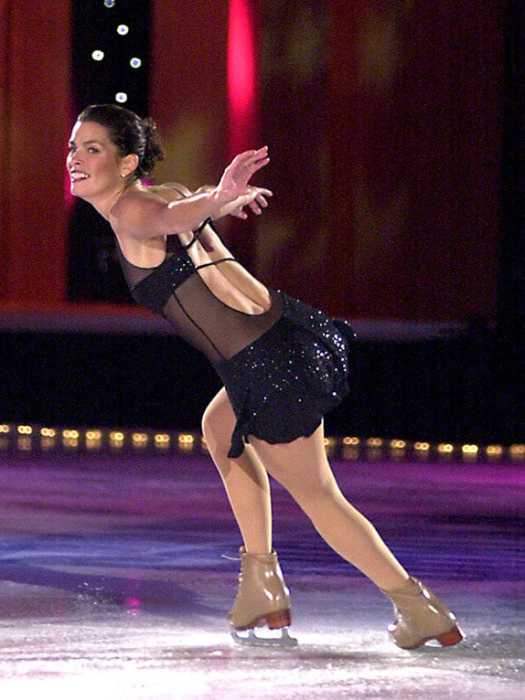When I first heard the term “love maps”—a favorite phrase of the credentialed relationship-repairers at the Gottman Institute—I thought of a yellowed treasure map with a big heart at the end as a stand-in for the expected “X marks the spot.” I assumed love maps would chart out a supposedly fail-proof path to love and serve as a guide to all the obstacles keeping couples from that hallowed goal. In fact, love maps, which comprise principle one of Dr. John M. Gottman’s “The Seven Principles for Making Marriage Work,” are much more practical and sensible than any kind of miracle cure for domestic ills. Love maps are merely a nifty name for one of the basic underpinnings of any marriage or romantic relationship:
Know your partner—really know him or her—or face the consequences.
Gottman is a well-regarded and prolific psychologist whose popular books on relationships, based on research with thousands of couples (the “Love Lab”), complement his academic work and counseling at the Gottman Institute, a relationship counseling center. Gottman believes that the cornerstones for romantic happiness are communication and knowledge and the interplay between the two: If you know your partner’s lifelong and current hopes, fears, dreams, hobbies and pet peeves, you’re less likely to offend and, most importantly, better able to communicate and share, and thus maintain a relationship that is satisfyingly close and supportive and fun.
This connection between knowing your partner and having a good relationship may seem obvious, but relationships naturally are filled with complicated psychological and emotional dynamics, and many couples just don’t share well. Gottman’s definition of a love map is “that part of your brain where you store all the relevant information about your partner’s life.” But your map can’t just plot out the constant things, such as memories from his or her childhood or the time you met. Your love map has to be flexible. Couples with good love maps, says Gottman, “keep updating their information as the facts and feelings of their spouse’s world change.” This arms them with emotional knowledge that can help during those big transitions, such as a new home, a new child, a new challenge or the slow but deep changes that come with time. “The more you know and understand each other, the easier it is to keep connected as the world swirls on around you,” Gottman writes. In other words, at the base of every great relationship is a wonderfully evolving friendship.
To test how well delineated your personal love map is,
Gottman provides a number of written/oral – exercises (see sidebar for
an example). – The first is a fairly straightforward . 20-question
self-quiz to see how much d you know or think you know about o your
partner. Most of the questions seem like valid barometers of partner
the knowledge, but other questions, like s of “Name your partner’s
basic philosophy of life,” may not be easy to sum up, however
worthwhile they are to y to contemplate. The second quiz Gottman
offers is a competitive quiz that partners can administer to each
other. Again, most of the questions are sensible, testing memory
of important dates are (birthdays, anniversaries) and tastes ant
(favorite activities, songs, places), and and some are more random:
naming “enemies” or rivals, for instance. I wonder about
the scorekeeping aspect of this of activity. In a sitcom-like paradox,
the losing partner may be turned off by f by Gottman’s otherwise
helpful ideas. But But the idea of assessing one’s presumed med
understanding of one’s partner is al ways positive. It can reveal
how much of our “knowledge” of others is formed med by our own
views and opinions.
After
these quizzes, Gottman gives us a third, more open-ended activity y
in in which each partner has a chance to talk about himself or
herself and share this this with the other, who quietly listens and and
records. This part of the love mapmaking experience might be labeled
led “asking for directions.”
So
once you have drawn your love map, are you set for life? Obviously not—you can know that your spouse use adores Stephen King novels
and still still not respect that penchant for the gruesome; you can
know your loved one e is is a fan of pop culture trivia, but continue to roll your eyes when you see US an US Weekly peeping out of her
bag. Moving past knowledge and towards t is respect is the subject
of the remaining six principles that Gottman advocates. But
without our love map, Gottman we tells us, we may be lost before we
start. And while some couples may come at this knowledge
easily in the course of their relationship, others might benefit m a
from a more consciously proactive give-and-take.









